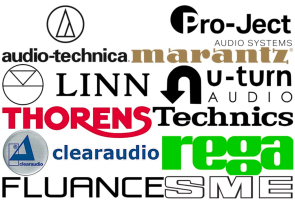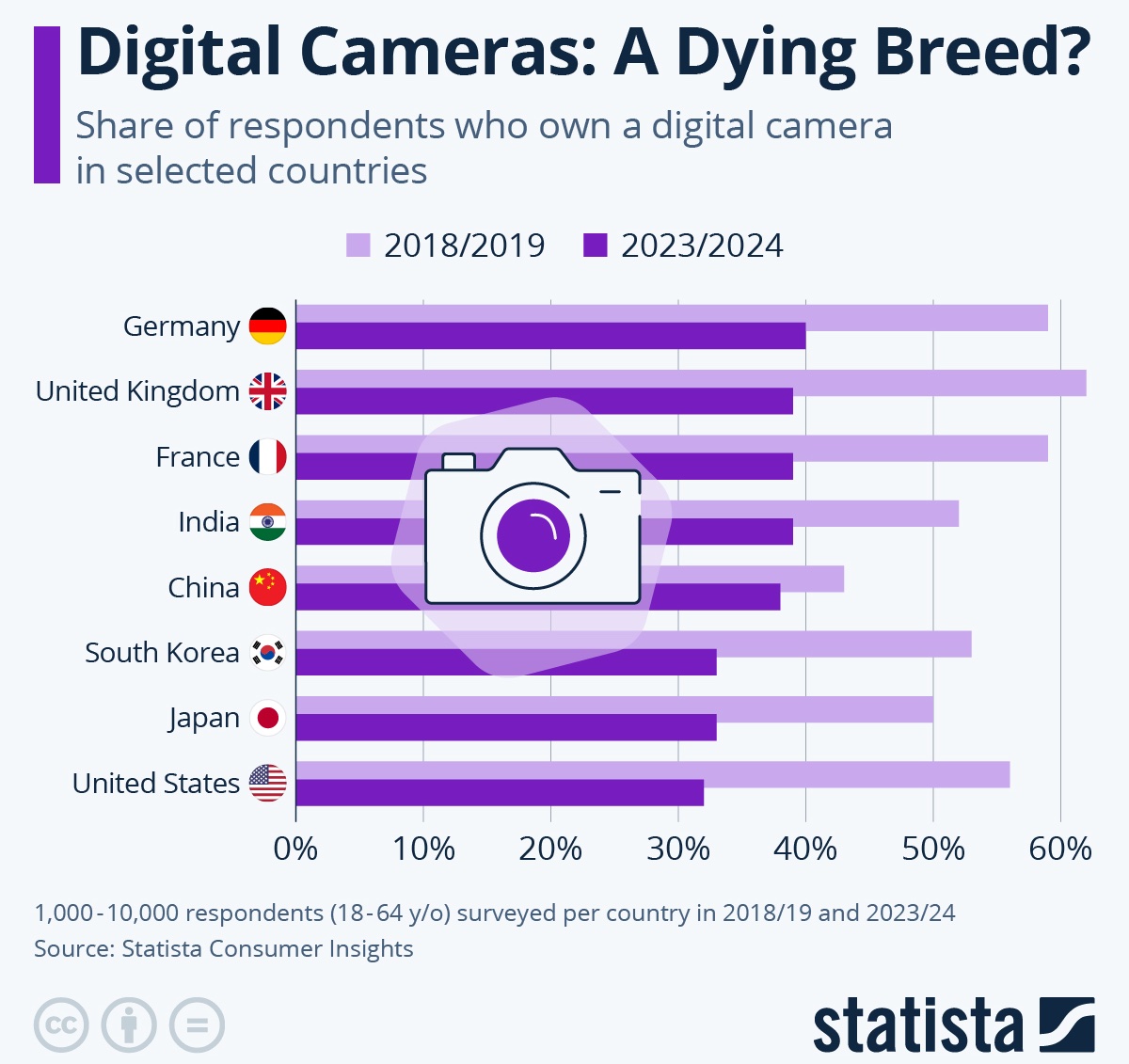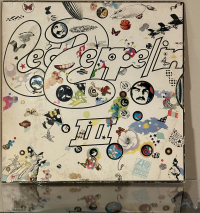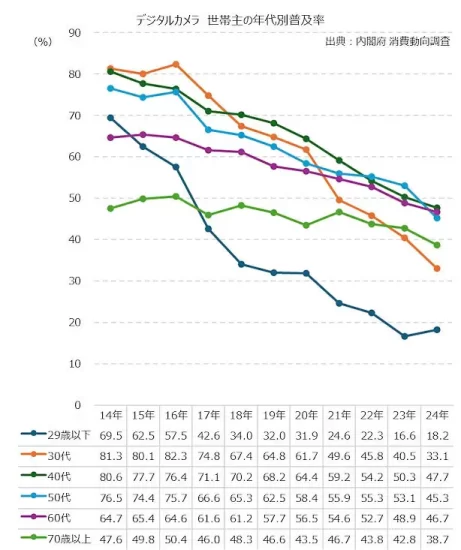LOL @ you being the one who keeps claiming Chinese camera makers are going to take over the camera industry.
Take over is a bit strong but they will definitly make it challenging.
It looks like the big camera manufactuers who participate in CIPA will ship around 1.8M fixed lens cameras this year. Below is the list of best selling point and shoots cameras on Amazon.
https://www.amazon.com/Best-Sellers...vFlyout&ref_=sn_gfs_co_camera_bestsellers_P_2
There are multiple Chinese companies like Camkory, Lecran, Saneen, etc that are selling 10k+ per month. The Camkory got popular on Chinese ownered Tiktok which I'm sure is a coincidence

Looking at that Amazon best sellers list Amazon alone is probably selling more point and shoot cameras than all the big companies reporting to CIPA combined.
However just like with your turntable list, most of the people buying these items are simply doing so as a gift or for nostalgia and most of these products aren't getting used much.
Big picture my position is
1. Younger people are losing a need to have dedicated cameras. We've gone from 120M cameras a year, down to 8M cameras a year.
2. Cameras from major companies are now getting more expensive and the increase in image quality is hitting a plateu. The new advancements are things like AI autofocus and precapture which are geared more toward high end professionals looking to get a split second image not capture a casual memory.
3. Chinese companies are getting better and the quality gap is closing. Case in point DJI with the Osmo Pocket 3 which did way better than the Canon V10 even though they have a similar sensor. Also Chinese manufactures are now making good quality lenses at affordable prices. This will eat into the revenue of casual lenses and the big companies will be foreced to make higher end lenses as that is where they can still compete.
As a result of these things it appears the future of Cameras will be focused on people who continue to need higher and higher end cameras which is likely people getting paid from the photos/vidoes they take. As the demographics shift the people getting paid wont be taking pictures for say Magazines because people don't look at them anymore. Since most media is consumed on social media, the people getting paid the most will be people making this kind of content.
Will there always be hobbyist that buy things for fun? Sure, but again as the prices go higher and higher it will become more and more niche.
The graphic I posted shows 11 top turntable brands in 2024. That ignores popular, less expensive brands like Crosby, Victrola, etc., and mid level brands like Denon, Yamaha, Pioneer, JBL, and…wait for it…Sony. So, that’s 18 brands from a quick perusal.
But what revenue do they make selling them. It's clear that this is a niche market. If Sony made the same amount of revenue on cameras that it makes today on turntables that would clearly would mean a complete implosion of camera sales.
Feel free to name a larger number of top camera brands. Again, LOL.
Irrelevant but Ok I'll bite. Canon, Sony, Nikon (Bought RED), Fuji, Ricoh, Om Systems, Panasonic, Sigma, Panasonic, Pentax, Hasselblad, Leica, DJI, GoPro, Insta360, Kodak, BlackMagic, Polaroid
And this ignroes the countless Chinese brands on Amazon.
Incidentally, I have a nice turntable on which I can listen to my Led Zeppelin albums (love LZIII with the
volvelle album cover), and my teenager can listen to her A$AP Rocky vinyl.
View attachment 221348
All disagreements aside as someone who grew up in the "inner city" listening to rap music I would be mindful of A$AP Rocky (and most rap in general). I know being married to Rhihanna helped soften his image but his lyrics promote drug use, abuse of women, murder and all kind of illegal activities. Go on Youtube and watch his video "Wassup", its pretty rough.




